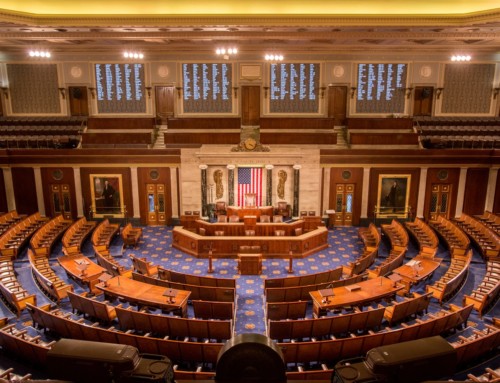Endorsements may not matter but newspaper’s principles do
Originally published by O’Dwyer’s
By Arnold García
 When people ask me what I did for a living, I tell them that I was the American-Statesman’s “designated piñata.” I was the newspaper’s editorial page editor for 22 years —
When people ask me what I did for a living, I tell them that I was the American-Statesman’s “designated piñata.” I was the newspaper’s editorial page editor for 22 years —
a local and perhaps state record for EPEs for those of you who like statistics.
An editorial page editor is combination critic, cheerleader and confessor – a portfolio that invites close scrutiny and intense criticism. When you write opinions for a living, you either develop a thick hide or go into hiding.
Despite it all, the job is professional rewarding because it puts the occupant at an information crossroads.
An EPE gets to know the community’s business, spiritual, educational and political leaders. Sooner or later, EPEs hear from most everyone who wants the newspaper’s support for their hopes, dreams and aspirations. EPEs who do the job right also hear from working folks who do the humble but necessary jobs that keep the community moving. Some readers just want somebody to listen to them and newspaper editors are generally more accessible than politicians protected by gatekeepers.
The relationship with candidates and politicians is always a tricky one that begins when office holders show up for the editorial board meeting that informs who gets the endorsement. Back when, those who got the newspaper’s nod bragged about it and those who didn’t downplayed, dismissed or just plain dissed the publication’s choice. But they all worked hard to win it.
But that was before newspaper endorsements started going the way of transistor radio.
Newspaper caught in the vicious circle of lost revenue that contributes to lost readership that contributes to lowered advertising rates are shying away from endorsements. They don’t make anybody happy, the reasoning goes, so why alienate readers? Then there are questions about the impact of endorsement. In top of the ticket races, endorsements aren’t likely to change minds. In this year’s presidential race, the undecided voters – those who might be swayed by an endorsement – are few.
So, why are endorsements making news? As November approaches, publications that either don’t endorse in presidential races or those who are breaking with their traditional ties with Republican candidates are making news.
The Dallas Morning News, for example, which has not endorsed a Democratic candidate for president since Franklin D. Roosevelt, endorsed Hillary Clinton. So did the Arizona Republic, which has not endorsed a Democratic presidential candidate since its founding in 1890.
It is highly doubtful that the editorial staffs of either of those newspapers had any delusions that they would change minds.
In this instance, they are using their endorsement to articulate the publication’s values and principles. Though the editorials are generally lukewarm about Clinton, the common thread is the assertion that Donald J. Trump is unfit for the highest office in the land.
Whether you agree or disagree, the voice of the publication, is communicating its notions of what an office holder should be. It is communicating the standards that a candidate – be it for president or school board member – should meet.
They do so knowing that their judgment, taste and patriotism will be challenged. That sort of blowback comes with the territory.
The 2016 presidential race is divisive, it is ugly and therefore an opportunity for publications to let readers know what they value. Given that the easy way out is to remain neutral, taking a stand knowing that there will be consequences is what newspapers are supposed to be about.
Garcia, who spent 39 years as a newspaper editor and reporter, is a senior advisor at Crosswind Media and Public Relations.




